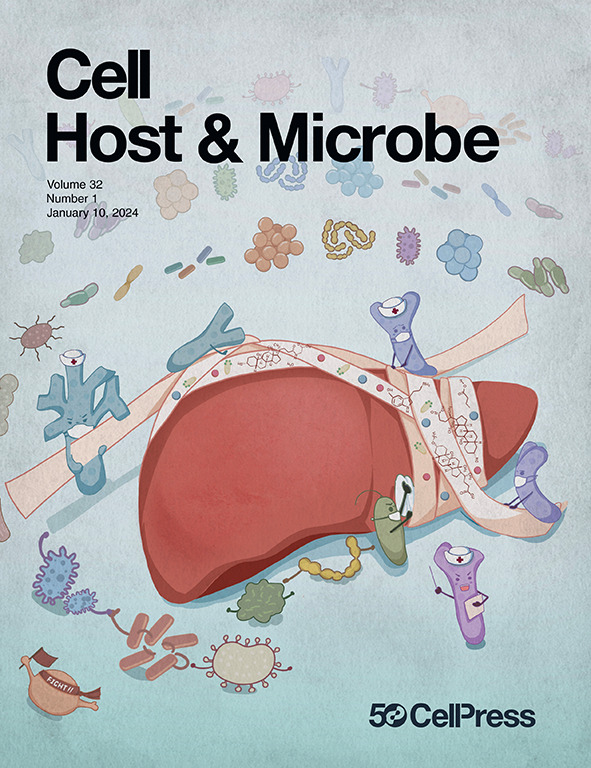微生物促进植物养分获取
IF 18.7
1区 医学
Q1 MICROBIOLOGY
引用次数: 0
摘要
植物和微生物群落共同进化了几千年。通过这种共同进化,微生物组已成为植物营养获取的必要条件,包括植物信号传导、微生物感知以及获取和共享营养。在这篇综述中,我们综合了微生物促进植物营养吸收的分子、生理和生态进化机制的复杂关联的最新进展。关注植物-微生物交流和代谢途径的新见解,我们评估了利用植物微生物群可持续地为农业和自然生态系统提供营养的潜在机会。然而,进一步的进展受到关键知识差距的限制。我们提出了一个改进的概念框架,包括对生态进化关系的整体理解,明确考虑信号和传感机制。最后,我们认为,通过综合利用新兴的分析方法来推进基础科学对于开发有效的微生物组信息工具至关重要,这些工具可以增强植物营养获取,促进长期粮食安全和环境可持续性。本文章由计算机程序翻译,如有差异,请以英文原文为准。
Microbiome-facilitated plant nutrient acquisition
Plants and microbiomes have co-evolved for millennia. Through this co-evolution, microbiomes have become essential for plant nutrient acquisition, which involves plant signaling, microbial sensing, and acquiring and sharing nutrients. In this review, we synthesize recent advancements in the complex associations of molecular, physiological, and eco-evolutionary mechanisms that underpin microbe-facilitated plant nutrient uptake. Focusing on emerging insights in plant-microbial communication and metabolic pathways, we evaluate potential opportunities to harness plant microbiomes to sustainably supply nutrients in agricultural and natural ecosystems. However, further progress is constrained by key knowledge gaps. We propose an amended conceptual framework for advancement that includes a holistic understanding of eco-evolutionary relationships with explicit consideration of signaling and sensing mechanisms. Finally, we argue that advancing fundamental science by utilizing emerging analytical approaches in an integrated way is critical to develop effective microbiome-informed tools that can enhance plant nutrient acquisition and promote long-term food security and environmental sustainability.
求助全文
通过发布文献求助,成功后即可免费获取论文全文。
去求助
来源期刊

Cell host & microbe
生物-微生物学
CiteScore
45.10
自引率
1.70%
发文量
201
审稿时长
4-8 weeks
期刊介绍:
Cell Host & Microbe is a scientific journal that was launched in March 2007. The journal aims to provide a platform for scientists to exchange ideas and concepts related to the study of microbes and their interaction with host organisms at a molecular, cellular, and immune level. It publishes novel findings on a wide range of microorganisms including bacteria, fungi, parasites, and viruses. The journal focuses on the interface between the microbe and its host, whether the host is a vertebrate, invertebrate, or plant, and whether the microbe is pathogenic, non-pathogenic, or commensal. The integrated study of microbes and their interactions with each other, their host, and the cellular environment they inhabit is a unifying theme of the journal. The published work in Cell Host & Microbe is expected to be of exceptional significance within its field and also of interest to researchers in other areas. In addition to primary research articles, the journal features expert analysis, commentary, and reviews on current topics of interest in the field.
 求助内容:
求助内容: 应助结果提醒方式:
应助结果提醒方式:


